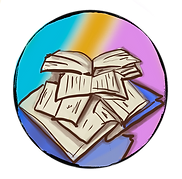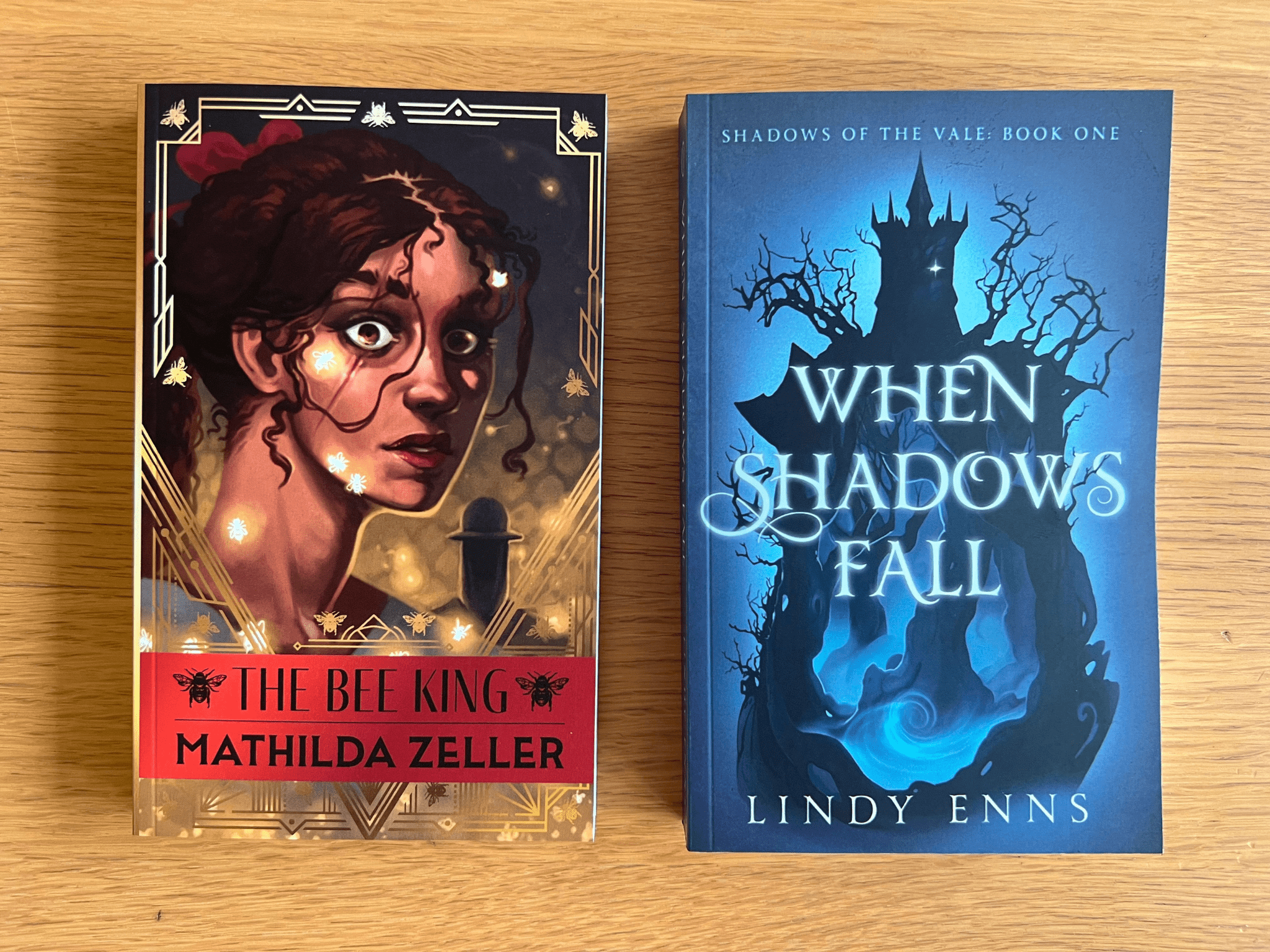GONE BUT NOT FORGOTTEN
My love of writing started when I was very young, before I could even read! I used to draw scribbles in notebooks that mimicked lines of text in a book. Sometimes my siblings would take pity on me and write down a story I’d dictated to them. As soon as I could write, I started writing poems and stories. At the age of 7, I tackled my first novel—a huge fantasy epic inspired by Tolkien. Even though I never finished that novel, I completed a prequel to it when I was 12. An English teacher encouraged me to enter writing competitions when I was in my teens, and I had some success with local, national, and international competitions that made me realize it wasn’t just my family who liked my stories; other people liked them too. I went back to writing novels and submitted them to agents but didn’t get representation, so I returned to writing short stories and started seeing publishing success. When I had a few dozen publications under my belt, I decided to try novels again and then I got into self-publishing.
Growing up, none of my siblings shared my love of horror. There were a lot of classics in the house, including fantasy, science fiction, and mythology, but no horror. I managed to persuade my sister to buy a copy of “Dracula” by Bram Stoker. Reading horror for the first time, rather than just watching it on television, opened up a new world to me. I managed to get my hands on the other books by Stoker and devoured them.
I loved Bram Stoker because he was Irish, and I heard he wrote his horror stories in bed. This wasn’t true; it was actually said about another Irish horror writer—Sheridan Le Fanu, famous for his ghost stories—who used to write in bed by candlelight. However, as a chronically ill child who spent most of her time in bed, I loved that a successful author wrote his stories in bed because that was where I wrote. If he could do it, maybe I could get my stories published one day too. I still often write in bed, but now it’s mostly on my phone rather than with pen and paper.
They say you should bleed onto the page. All of my books demand a lot from me. I consider my Christmas novelette, “Hanging On,” to be one of my more upbeat stories, but it was emotionally brutal to write. I think it’s a good sign that the story disturbed me as strongly the 100th time I went over it as the 1st.
“7 Days in Hell” was probably the easiest to write. It was inspired by a weird holiday I went on with my sister. I added zombies and some dark occult scenes, which frightened me as I wrote them!
For the writing side of things, I’d advise them to finish every story they start. I’ve so many first pages and first chapters that I gave up because I thought they weren’t going anywhere, but looking back, I think they showed promise. There is no wasted writing. Even if you never edit something into excellent condition, everything you write makes you a better writer. It is like strength training to build muscle or practicing to improve any skill. The more you write, the better you become at writing, and the easier it is to see how to improve your work.
In regard to the indie community, I would encourage them to reach out and connect with other authors. There are so many wonderful authors in the indie community, and we are happy to support and encourage one another. Also, read books by other indie authors. They’re great! Tell people about the ones you like. Writers aren’t in competition; we are all in this together, and it is very important to support and boost other writers. We have a lot to learn from reading each other’s work.




